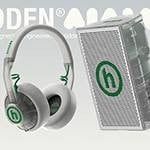I was a music therapist. Today’s children are a generation that has endured many things under the pandemic restrictions. For example, we often hear that the number of children refusing to go to school is increasing year by year, but we do not know exactly what the cause is. However, I can say this.
Children are working much harder than adults think. I have always thought that music rehabilitation is one way to alleviate some of their anxiety.
So this time, I’m going to focus on the theme “what kind of effects music therapy can have” and I hope that everyone will be interested in this topic.
Music therapy is a form of therapy education that uses sound and music to promote the development of children with disabilities and developmental concerns, mainly through enjoyable play.
The first effect of music therapy is the reduction of anxiety and pain.
We are also worried and troubled because we have anxiety. I believe that this is one of the therapeutic methods that we have to alleviate it.
In addition to that, it is said to promote spontaneity and activity, improve physical mobility, express facial emotions, support communication, activate the brain, and create a relaxation effect.
Of course, this method is effective not only for children, but for adults as well.
Let me introduce some of the benefits.
① Music has a healing effect just by listening!
For example, listen to classical music (Slower tempo music works best).
Soothing music changes brain waves to alpha waves and puts you in a relaxed state.
Perfect for bath time music, for example.
Furthermore, it is said to promote drowsiness and improve sleep quality and insomnia during sleep.
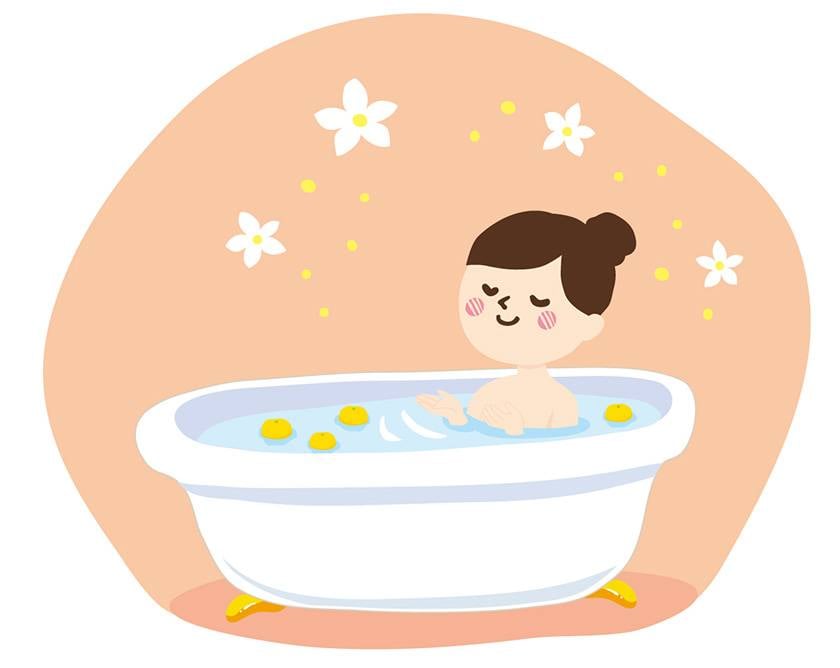
② Moving the body to music helps integrate the body’s senses!
Children with developmental delays may not be able to accompany the senses, for example, when they are working on something, they are looking at something else.
Moving the body to music or dancing has the effect of aligning physical movement with the senses.
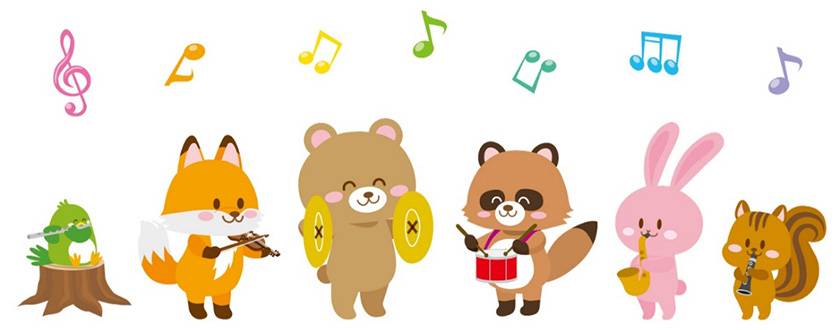
③ Let’s play a musical instrument!
For emotionally anxious children, music can be an unpredictable stimulus.
For those with autistic tendencies, it can be an even scarier stimulus. Music therapy can be a great reassurance for children to experience music as a non-frightening presence. The tunes and use of instruments are easily adapted to the child’s characteristics and development, making it a fun and easy task for the child. They will feel a sense of satisfaction and accomplishment.
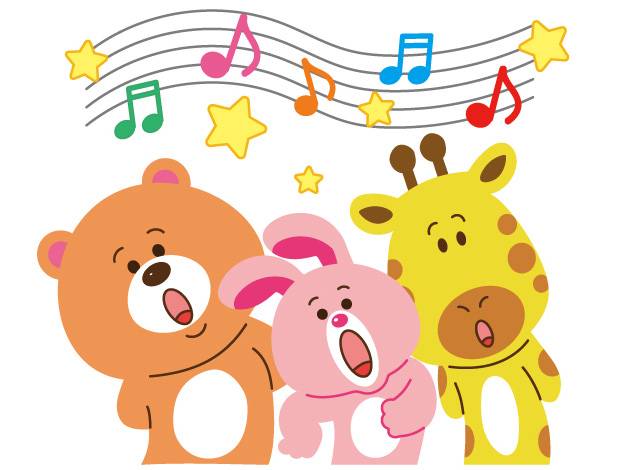
♪Music therapy is also effective in:
- Memorizing the order in which the instruments are used
- Cognitive learning, such as understanding the rules
- Encouraging the development of social skills and language through interaction, play, and song play
- Providing clues to learn physical tasks through hand play and rhythm movement
Conclusion
I actually feel in my lessons that music therapy education is about helping a person to find his/her maximum potential and to express himself/herself in a positive manner.
Psychosomatic pain relief: It also stimulates the release of substances such as endorphins and dopamine, which can make you feel happy and relieve pain.
Of course, it is also effective for adults.
Spend some time listening to your favorite music. It only takes 5 minutes in a day.
Relax, in other words, take away some of your anxiety and increase your fun time♪
If music can help you relax and have fun, I don’t think there is anything better. Why don’t you all make time for that once in a while?







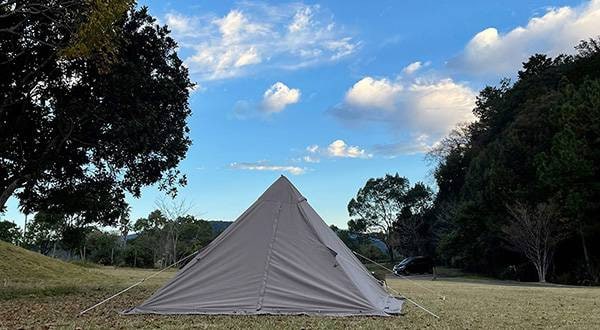




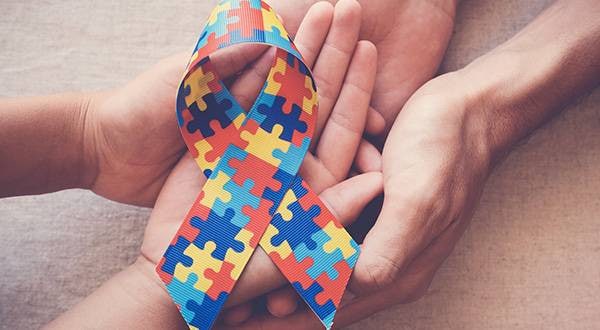
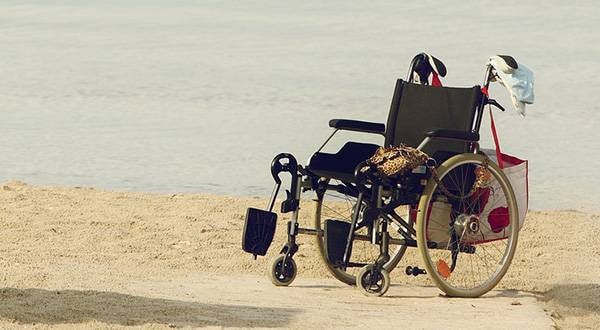

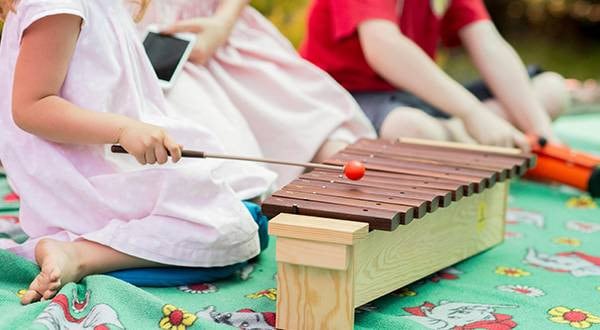
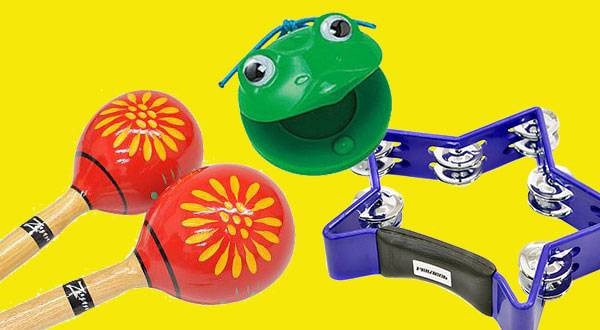
 ハーモニカスタートガイド
ハーモニカスタートガイド
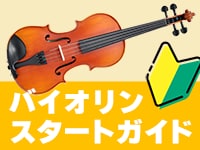 バイオリンスタートガイド
バイオリンスタートガイド
 ベーススタートガイド
ベーススタートガイド
 キーボードスタートガイド
キーボードスタートガイド
 ウクレレスタートガイド
ウクレレスタートガイド
 ギタースタートガイド
ギタースタートガイド


